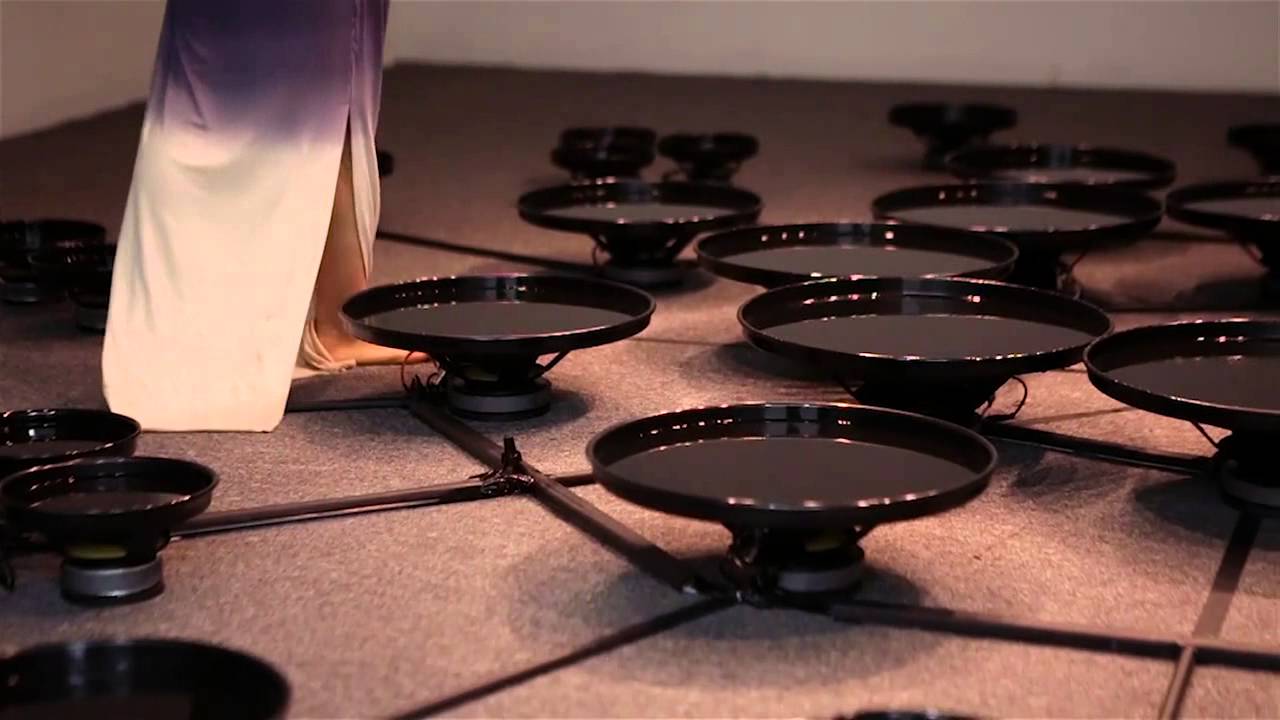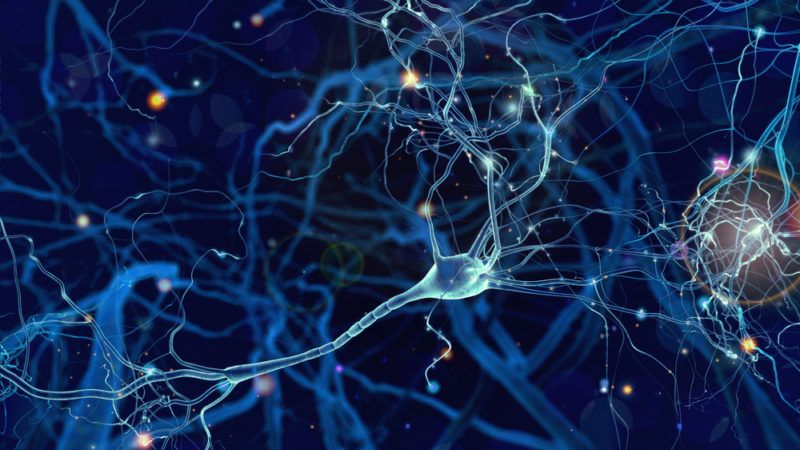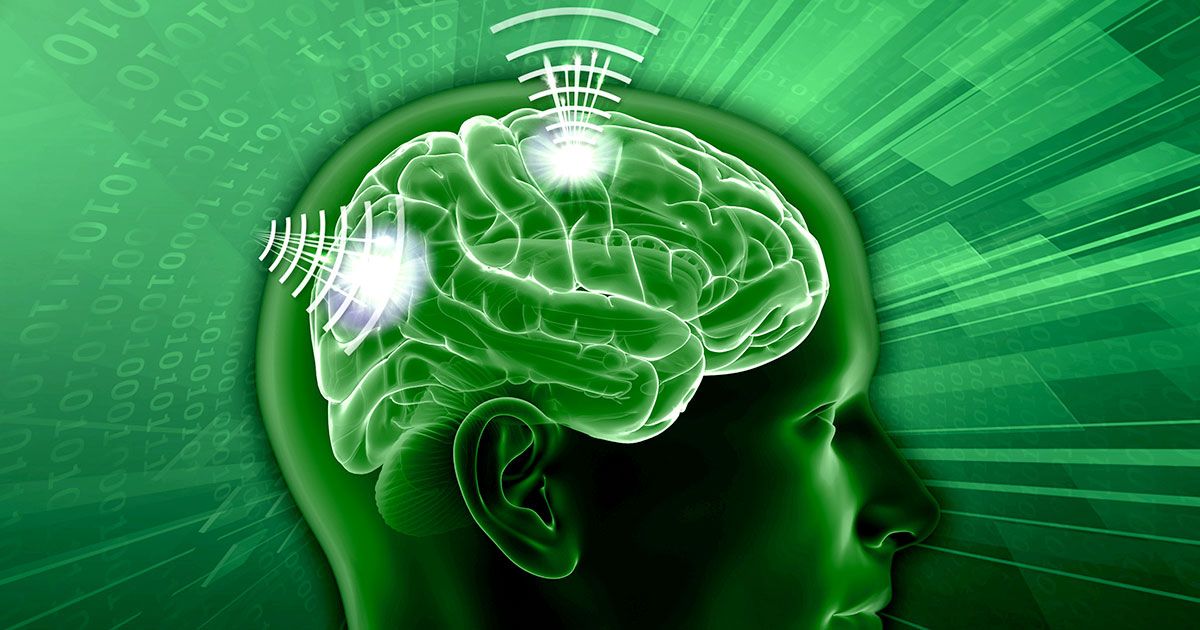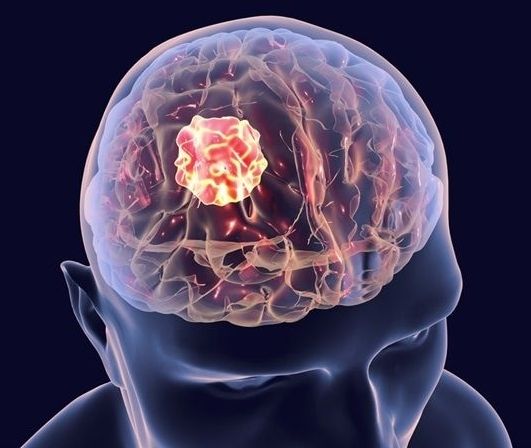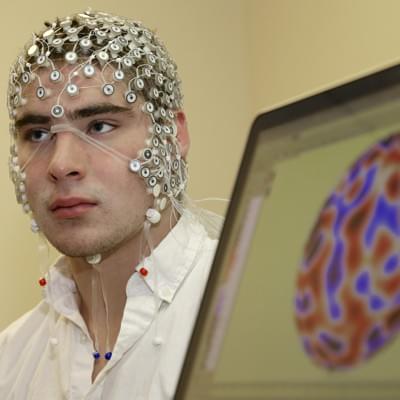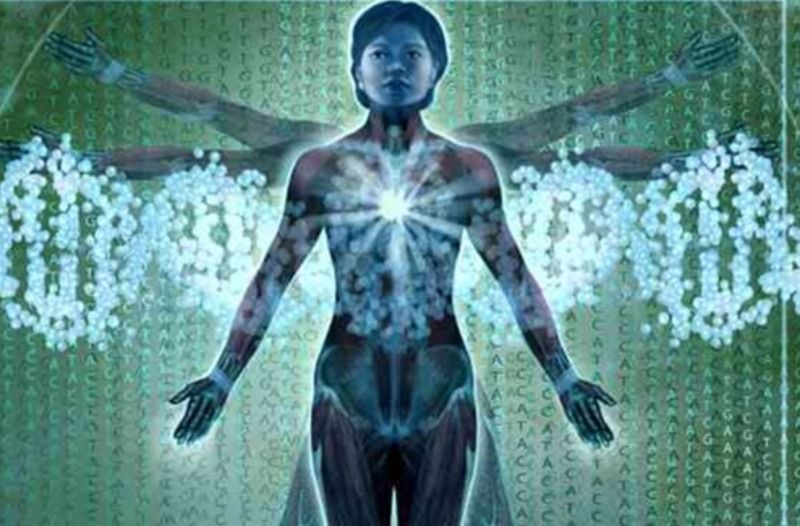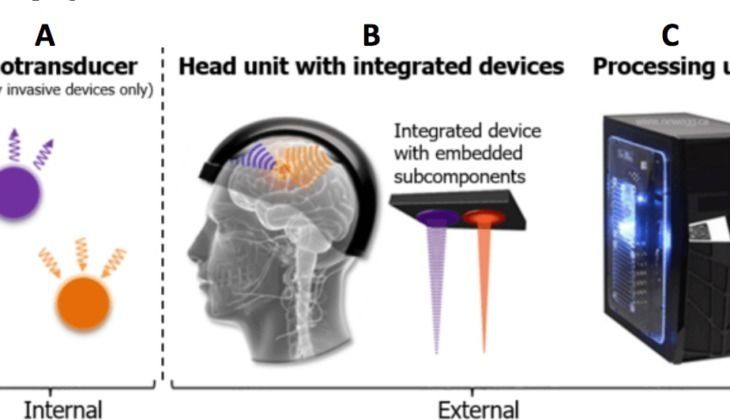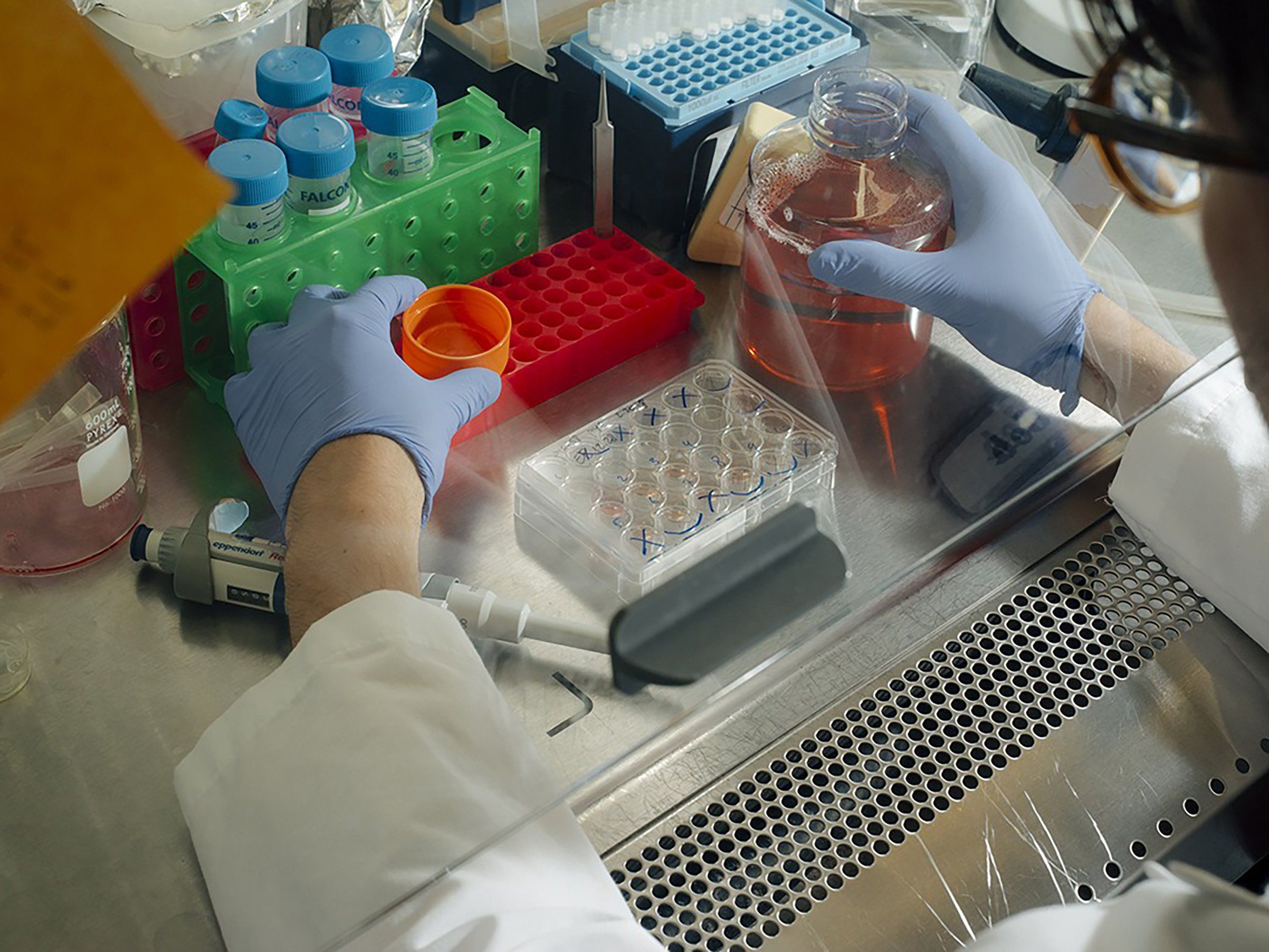
While blood stem cells from bone marrow have long been a cornerstone of treating blood cancers like leukemia and lymphoma, Mackenzie’s trial extracting the cells from a pregnant woman to treat a developing fetus in utero is just one of several innovative uses of stem cells to treat a growing list of diseases with cells instead of drugs. And promising studies are inching more of these stem-cell-based treatments closer to finally being tested in people.
With stem cells like those found in bone marrow, scientists are taking advantage of what the body does naturally: generate itself anew. Many of the adult body’s organs and tissues, including fat cells and blood, are equipped with their own stash of stem cells whose sole job is to regenerate cells and tissues when older ones are damaged or die off and which can be harvested for research and growth outside the body.
Some organs are not endowed with these large stem-cell reservoirs, however, most notably the brain and heart muscle. So more than two decades ago, scientists found another source of these flexible cells–in embryos that were donated for research from in vitro fertilization clinics. They learned how to grow these cells in the lab into any cells in the body. That opened the possibility that conditions like heart disease, diabetes or even psychiatric disorders might eventually be treated by replacing damaged tissues or organs with healthy ones, which could provide cures and treatments that didn’t require drugs or surgery.
Read more
